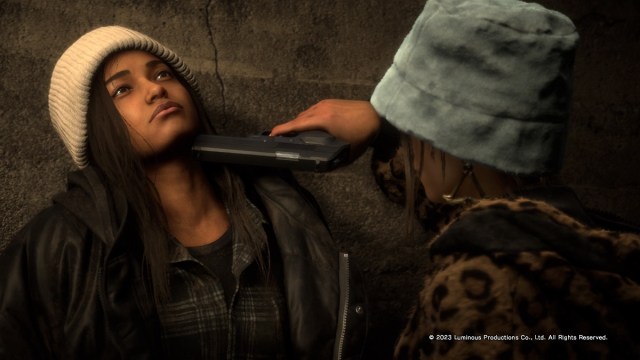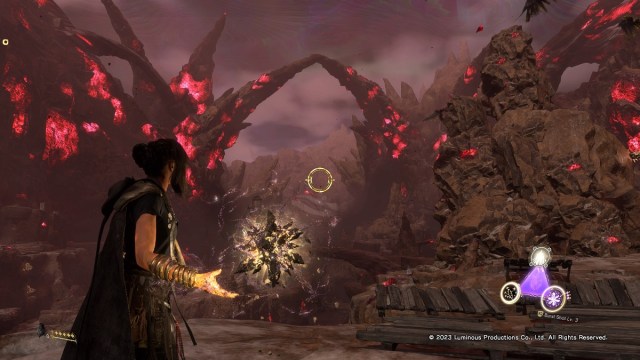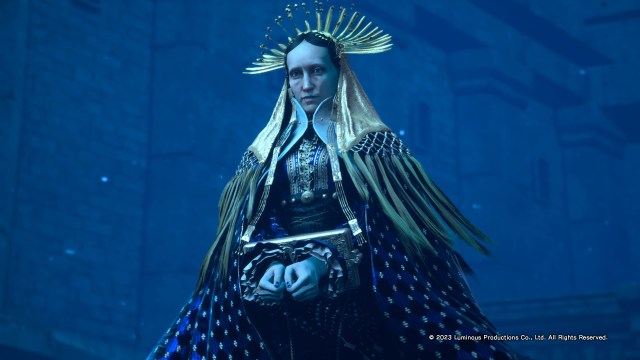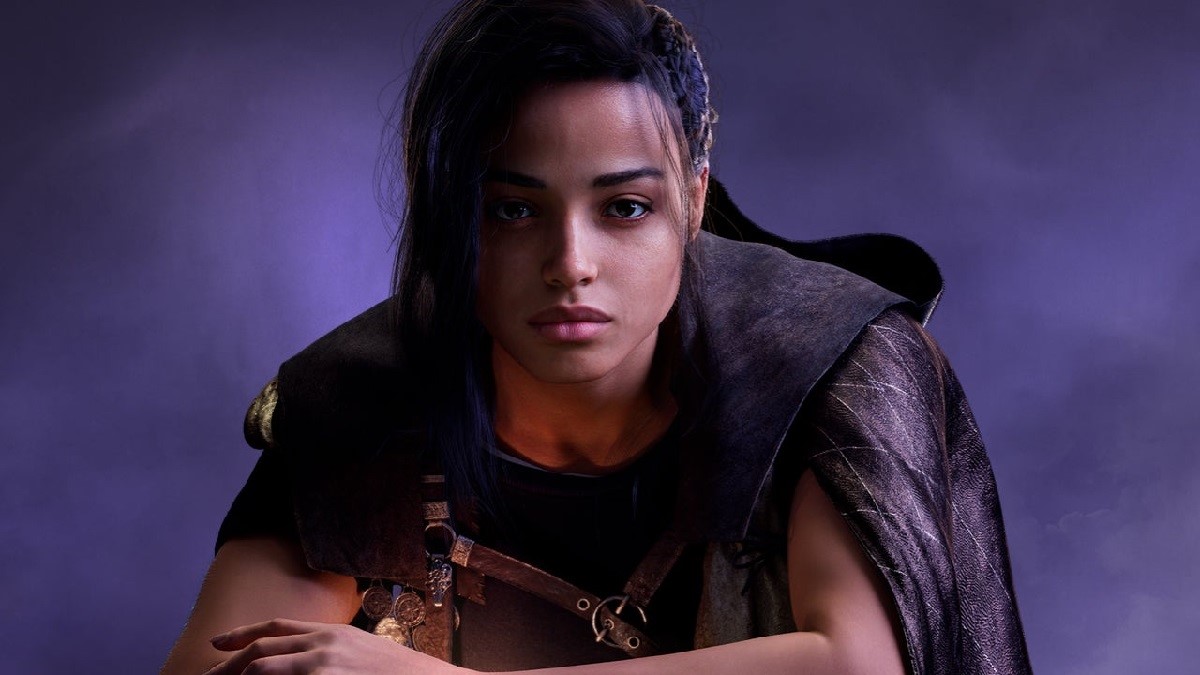Freerun, Sweetheart, Freerun
Our choices are, at best, half-chance. Each and every day the luckiest among us are afforded multiple opportunities to go left, right, straight ahead, or staying right where I am, thank you very much. And with each of these choices, we walk on new paths. And while we never really truly know whether we stepped the right way at the litany of crossroads we’ve reached, we hope that our sixth sense at best and blind luck at worse will see us through to our goals. We’re grateful to have the half-chance.
For Frey Holland, there has been no half-chance. Abandoned as a newborn beneath the Manhattan tunnel that bears her name, shuffled through a litany of foster homes, and with her teen years soundtracked by a cacophony of howling winds and blaring sirens, Frey rolled the dice at birth and it most assuredly came up snake eyes. And now, on the eve of her 21st birthday, she finds herself facing the gavel of a judge once again, taking the fall for the latest in a series of ill-advised car thefts.
But tomorrow will be different… Frey has been stashing away what little money she can beg, borrow, or steal. And tomorrow, accompanied by her faithful feline/best friend Homer, Frey is getting out of Hell’s Kitchen. She has the cash, she has the cat, and she has — for the first time in her young life — a plan, a purpose, a choice. Just one more night in her bleak, miserable apartment, and Frey can get the fresh start — the first start — that she’s always dreamed of.
Tomorrow will be different…

Forspoken (PS5 [reviewed], PC)
Developer: Luminous Productions
Publisher: Square Enix
Released: January 24, 2023
MSRP: $69.99
Following an extended period of development and a series of infamous and ill-judged marketing mishaps, Square Enix Forspoken is finally ready to unleash its tale of arcane worlds, mythic legends, and personal responsibility upon a tentative audience — many of whom are already viewing the title with trepidation. Forspoken depicts the odyssey of the aforementioned Frey, plucked from downtown Manhattan and thrust into the ancient kingdom of Athia, which is smothered by a destructive and all-consuming force which Frey monikers “The Break”.
Athia has its own defenders: Four powerful matriarchs of love and war known as “The Tantas”, but The Break has severely affected these guardians, twisting their minds and loyalties and turning Athia’s own founders into its very destroyers. With the kingdom on the brink of total collapse, and what remains of the people holed up in the ramshackle city of Cipal, it turns to Frey — unaffected by The Break as an outsider — to go forth into the corrupted world and learn of its truth.
For our reluctant “hero”, however, this momentous and unwanted journey is her only path back home, back to Homer, and back to what semblance of a life she has.
Aiding Frey in her quest is a mysterious vambrace, “Cuff”, whom is the key to Frey’s initial arrival in Athia, Cuff aids Frey in her journey by providing a litany of magical abilities, while also boosting her strength and movement. Unfortunately for Frey, Cuff has something of an acerbic and dry personality, which clashes hard with Frey’s own pessimism and eternal frustrations, forming the central chemistry for the duo’s journey into the unknown. It’s gonna be a long trip for the original odd cuffle.
Frey-de Cats
As demo players will be aware, Forspoken is an open-world adventure framed almost identically in the vein of Ubisoft titles such as Assassin’s Creed, Watch_Dogs, and Far Cry. While it’s considered somewhat vulgar to make direct comparisons from one game to another in any review, the open-world template used by Forspoken is so snug to the veteran Ubisoft mold, that such comparison is inescapable.
Forspoken drops our protagonist into an enormous, distinctly segmented open world, before showering them with a plethora of objective markers, offering labyrinths to conquer, Belfreys (Radio Towers) to locate, treasure chests to unearth, photo opportunities to snap, fonts of wisdom to be found, and Flashbacks (challenges) to be completed. In addition to her main questline, Frey can accept side-quests, (or “Diversions”), from the people of Athia, which expand the universe’s massive scope and deep sense of lore.
This design methodology in itself, hangs over Forspoken as something of an albatross, hampering its very potential by marrying it to an aging format. While Forspoken‘s world is undoubtedly fun to traverse, (thanks wholly to Frey’s magical parkour abilities), the “Riddler Trophy” approach feels out-of-step with the possibilities provided by the title’s story, characters, themes, and combat. Perhaps the one true unique activity lies in the finding and befriending of a party of magical feline familiars, that will then visit Frey at refuges dotted throughout Athia.
To be clear, this isn’t to say that Forspoken’s open-world template is inherently bad. Anyone looking for an open-world checklist, packed out with boxes to tick and checklists to complete, is going to have a suitably great time with Forspoken. But the elements of Luminous’ title that do shine through are frustratingly juxtaposed with a model that feels anachronistic, especially given the powerful, ninth-generation technology at play and the rare “blank canvas” provided by a fresh, new IP.

Go with ‘The Flow’
Frey and Cuff make quite the combative duo, both metaphorically and literally. Frey is given an initial skill tree of ranged magic, divided into Attack and Support abilities. As she progresses through Athia, this library of spells opens up, transforming Frey into an abracadabra powerhouse. Forspoken‘s “crowd-control” combat sees Frey synergizing her attacks and support magic with her acrobatic abilities to maintain the edge on battalions mutated enemies — earning additional rewards for style and finesse.
It has to be said that, initially, the combat is pretty boring, and the player will be hard-pushed to feel engaged in the early going. As the story progresses, however, Frey will unlock hugely different magical powers, allowing her to blend elemental attacks, sword-play, and good, old, fashioned Kung-Fucking-Fu. Once Frey has access to different magics, combat becomes a riot — an enjoyably devastating mix of melee, ranged, and environmental attacks, interchangeable on the fly and punctuated by her trademark acrobatics.
It’s baffling that the decision was made to lock away further magical styles until a full third into the story. Forspoken‘s action truly comes into its own once our hero is given a range of styles to play with, but the player has to tread a fair few miles into the story before they can build a bespoke combat style that brings the battle to life. Synergizing “The Flow” with Frey’s full range of abilities can be poetry in motion. In addition, a fun mechanic sees Frey learn and apply mythical nail designs in order to further boost her potential. That’s never worked for me in real life, but I’m for sure going to try it out.

Tanta-stic
After a brilliant and genuinely moving opening, Frey’s early hours in Athia are a little humdrum, although the inevitable fish-out-of-water humor is very welcome, recalling the fun of Sam Raimi’s Army of Darkness. Much like the combat, Forspoken‘s true motivations don’t really get into gear until our girl meets the Tantas themselves. It is here that the drama, (and destruction), step up, tasking Frey and her companions to face up to their true responsibilities.
The heart of Forspoken lies in its characters. It’s refreshing to play as a flawed, frustrated and understandably reluctant hero, and actor Ella Balinska gives a tremendous performance as the girl who has spent her whole life fucking up only to find herself suddenly asked to save a magic civilization. Frey’s coarseness, (perhaps the most foul-mouthed game character since 50 Cent in Blood on the Sand) is utterly magnetic; her anger and strength attractive; and her heart and vulnerability warming. We understand her, even if she’s yet to understand herself. She’s a great protagonist.
She’s also funny as fuck, her comedic self-defense nature and even ‘That Line‘ perfectly apt when delivered in given context.
In fact, all of Forspoken‘s leads are uniformly on point. As Cuff, Jonathan Cake understands that his character lacks physical presence, and thus uses amazing vocal nuance to ensure that every single beat hits, whether being sardonic, or inspiring, comforting, and even on the rare occasion he dares show his bearer some actual respect. The Tantas themselves are outstanding in visual design, character, and performance — Tanta Cinta is the relatively chill one, while Tanta Sila has absolutely had enough of your shit. Tanta Olas holds mastery of the world’s desires and Tanta Prav may actually give you nightmares.
Of note, the Tanta’s graphics card-bothering showdowns are visually spectacular, forming undeniable highlights of the entire adventure… Better check those PC specifications, Jack.

As with almost every element of Forspoken, unfortunately, you take the rough with the smooth, and while the lead characters are magnificently portrayed, the NPCs of Athia are, frankly, terrible. You’ll have Frey, her friend Auden (Monica Barbaro), and “archivist” Johandy (Keala Settle) having an expressive conversation, and then some random character model will run in like “FRESHEN YER DRINK, GUV’NOR?”. As Forspoken is set in a medieval world, law dictates that the player will be bombarded with Guy Ritchie accents, children played by adults, and kippers for breakfast, Aunt Helga?
An exposition sequence recreating an Athian massacre is straight ruined by these unintentionally comedic extras, who might as well be depicting The Three Stooges as they and their families burn.
Overall, Forspoken‘s tale is an entertaining one, with a few interesting twists and several highly memorable conversations and encounters. The ball is fumbled toward the goal line, with an interminable chapter of exposition that goes on far too long — seriously killing the momentum as we head into our finale. Fortunately, though, the climax is suitably grand, with an epic and highly cinematic final battle that truly, genuinely, feels like the player is fighting A God.

As an old white man*, (*to be determined), it certainly may not be my place to speak on this, but it is a thought that I do want to address, as I believe it hangs over the title: There is a wish that Forspoken would have been bolder with its themes, truly embracing Frey’s background, her personal challenges, and spotlighting how the dangers and ceilings that face African-American women transition throughout the ages — with both society and the state itself consistently, actively, placing high hurdles in pathways to happiness, success, even basic security.
Frey’s life has started on the back foot, sure, but it feels as if she is against a system that will forever prevent her from attaining her goals, especially when compared to those of another race, gender, and/or position of privilege. In fact, the only reason she doesn’t end up in jail at the outset of the story is via the leniency of an African-American judge— who likely understands the myriad challenges that the modern world will stack against Frey. But for all of Forspoken’s emotional dialogue, no one is willing to openly reference or even metaphorically portray what these challenges are, or why Frey’s struggle to reach the second rung of life, in almost any environment, is intrinsically linked to her status. It will tip-toe around them in the very loosest possible sense, but then swiftly back away before engagement.
To a much lesser degree, this adherence to “toeing the line” is also depicted in the character of Auden, a woman Athian resident who, as the story progresses, seems to clearly fall in love with Frey. Both the vocal and motion capture performance of Auden frequently flaunts this possibility, but just enough doubt remains sown to allow nervous PR folk the safety net of “No, no, no… They’re just Gal Pals!”
Forspoken feels like a game that — from both a narrative and gameplay standpoint — plays it safe when it has the opportunity to be dangerous. And while Balinska and the splendid lead cast have the talent, ability, and nuance to give life to a potentially bold, aggressive, and genre-shattering storytelling, (to hell with the naysayers that would decry such direction). Forspoken‘s writing, intentionally or by request, shies away from said risk, ultimately delivering what is a solid story, but feels as if it never wants to truly engage with the core context and themes surrounding the turmoil of its brilliant hero.

Girl, Interrupted
With Forspoken, Luminous Productions has delivered a perfectly fine action RPG that will absolutely tick the boxes for those who love the hour-eating engagement of the open-world grind. There’s an overwhelming sense that Frey, Cuff, The Tantas, and Athia itself deserve so much more than this aging world of checkpoints and radio towers, and the strength of the hard-working cast, on occasion, smashes through these tropes by sheer force of will. Ultimately, the battle between new-school and old-school design reaches a stalemate, resulting in an acceptable adventure that leaves promise on the table.
Given the opportunity to dare, Forspoken chooses to play it incredibly safe, with muddled pacing and strict adherence to both narrative and gameplay tropes holding it back from reaching its groundbreaking potential. Regardless, its dazzling visuals, charismatic leads, memorable boss battles, and energetic and varied combat will reward the more patient player with a solid, spellbinding adventure… And, for everybody else, there are magical cats.
[This review is based on a retail build of the game provided by the publisher.]









